KARACHI, Feb 8: Uninterrupted Power Supply (UPS) systems are getting out of the people’s reach after an exorbitant increase in the price of batteries, coupled with a rise in the UPS price in the last one year.
The UPS had gained popularity in offices and among the consumers who want a noiseless alternative power supply system. However, many consumers favour power generators (on gas) instead of UPS due to the charging problem.
Consumers – already pressed with rising food prices and utility bills – now think twice before making an investment in the UPS with battery (for two tube lights and two fans) as the lowest price starts from Rs12,000. The cheapest UPS was available for Rs7,000-8,000 about one-and-a-half years back.
Since power failures have gripped the country, the battery makers have exploited the situation and enhanced the rates substantially, especially in the peak summer season when the duration of load-shedding and power failures tends to reach eight to 10 hours a day.
The UPS, powering three tube lights and three fans with 145 ampere battery, is now priced at Rs15,500 to Rs16,000 as compared to Rs14,000-14,500 last year. The same package was available at Rs10,000-11,000 in 2007.
The UPS with 195 ampere battery to run four tube lights and four fans is now priced at Rs16,000-17,000. The same gadget was available at Rs12,500-13,000 in 2007.
The UPS with 195 ampere battery (for five tube lights and five fans) is now priced at Rs18,000 as compared to Rs15,000 last year. If a customer wants to use 145 ampere battery power, then the UPS with a battery will cost Rs16,800.
A UPS dealer at Regal Chowk, Mohammad Ashraf, said that the UPS price, excluding battery (for three bulbs and fans), now costs Rs5,500-6,000 as compared to Rs3,500 one-and-a-half years back.
Similarly, the UPS to power four bulbs and four fans is now priced at Rs7,300-8,000 as compared to Rs6,000. The UPS for running five bulbs and five fans now sells at Rs9,000 as compared to Rs6,500-7,000.
The dealer, however, said that due to the off-season, the sale and purchase of UPS systems was on the decline as shop owners manage to sell one to three UPS units in a day compared to 10-15 during the peak summer season. The sale might increase from March, he added.
The peak season of UPS sales starts from March and usually ends in about October/November.
Manufactured locally
Mr Ashraf was of the view that an estimated 300 UPS units are manufactured daily in the areas of Saddar and Golimar. Currently, the production is going on to meet demand in the coming months. Three years ago, Karachi used to get UPS systems from Lahore-based cottage industries.
He said the UPS needs charging of at least five to six hours daily to maintain its full capacity in case of prolonged power failures. However, due to long duration of load-shedding in Karachi, consumers faced problems in keeping their UPS fully charged, he added.
He said the UPS price had risen because of increase in prices of iron sheet, copper winding, core (made of iron sheet), besides the price increase in imported parts used in UPS like integrated circuits, transformer, relay etc.
Another UPS dealer at Shahrah-i-Liaquat, Abdul Rafay, said that due to the increase in prices of the UPS and batteries, many people now prefer Chinese energy saving lights despite an increase in their prices. He added people are coming to the markets to inquire about the prices of UPS systems instead of buying them.
A battery dealer said that one-and-a-half years back, the batteries with 145, 185 and 195 ampere power used to cost Rs4,000, Rs5,000 and Rs5,800 respectively. The same batteries are now priced at Rs7,200-7,500, Rs8,000-8,500 and Rs9,200-9,500, respectively.
He said that for the past many months the rates of batteries have been unchanged due to a drop in demand. The last year had witnessed a black marketing of the batteries as the demand had outstripped supply.
However, a 48 per cent decline in the sales of cars during July-December 2008 also caused problems for the battery makers. Even the first six months of 2009 are predicted to be worrisome for the car makers owing to a slowdown in the economy, thin demand from consumers, rising cost of car financing after surge in interest rates and a substantial increase in car prices. In view of this scenario, the battery makers have pinned their hopes on the sale of the UPS systems in the current year to maintain their profitability.
According to the annual reports of some leading battery makers, the sale of Atlas Battery had surged to Rs737 million in July-September 2008 as compared to Rs516 million in the same period last year. In 2007-2008, its sales (for cars and UPS) hit Rs2.682 billion from 1.585 billion in 2006-2007.
The sale of Exide Battery had increased to Rs3 billion for the period ending March 31, 2008 as compared to Rs1.931 billion in 2007.


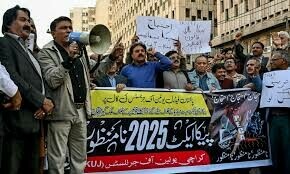













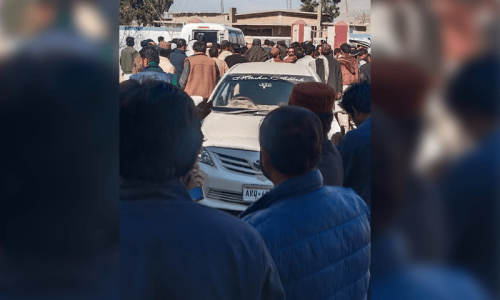

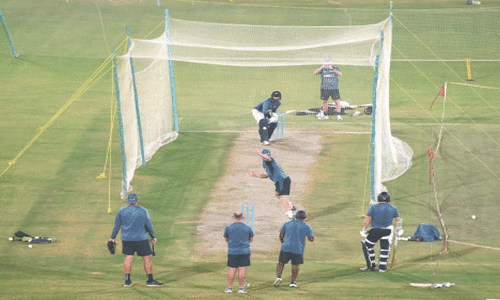




















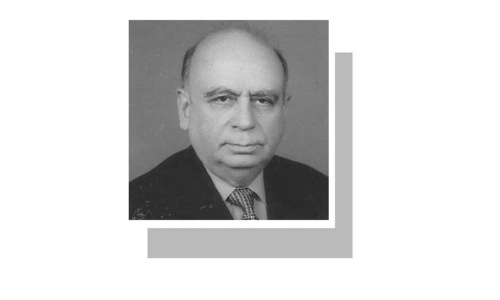
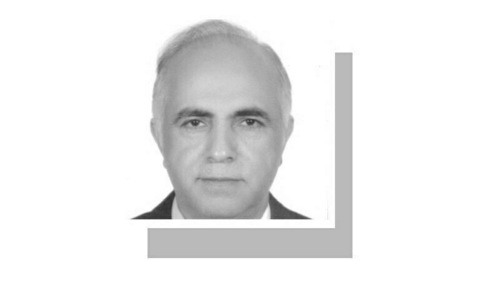






Dear visitor, the comments section is undergoing an overhaul and will return soon.